

From Frontiers Forum:
How can research translate to R&D? Or a whole new business venture? In a panel session at Science Unlimited 2019, Holtzbrinck Publishing Group CEO Stefan von Holtzbrinck, Life Biosciences CEO Mehmood Khan, Logitech CEO Bracken Darrell and EPFL’s Henry Markram discussed innovation, R&D and successful technology transfer.
Stefan von Holtzbrinck, Holtzbrinck Publishing Group
Stefan von Holtzbrinck is CEO of the family-owned Holtzbrinck Publishing Group. He has 20 years’ experience in science communication, including 3 years as MD of Nature Publishing Group. The Holtzbrinck Publishing Group has majority holdings in Springer Nature (of which Stefan is Chairman of the Supervisory Board), Digital Science, DIE ZEIT and Macmillan, and investments in Holtzbrinck Ventures, Frontiers, AMBOSS, GSV AcceleraTE and Rethink Education fund. Stefan is a member of the Executive Committee of the Max Planck Society.
Mehmood Khan, Life Biosciences
Mehmood Khan is CEO and Board Member of Life Biosciences Inc, where he provides strategic direction and operational oversight. He was previously Vice Chairman and Chief Scientific Officer of Global Research and Development at PepsiCo and President of Global R&D at Takeda Pharmaceuticals. Before moving into industry, Mehmood had a distinguished medical career, including as a faculty member in endocrinology at the Mayo Clinic and Mayo Medical School where he served as Director of the Diabetes, Endocrine and Nutritional Trials Unit.
Bracken Darrell, Logitech
Bracken Darrell is President and CEO of Logitech, the largest Swiss consumer electronics company with CHF 3 billion in annual revenues. He is responsible for the company’s strategy for growth and profitability, for the vision for the brand as well as for the company’s operations. Logitech has been a top performer on both the Nasdaq and Swiss stock exchanges. The company value has risen by over 500 percent in the past seven years as the company has moved from PC peripherals to new categories and new brands.
Henry Markram, EPFL
Henry Markram has pioneered simulation neuroscience as a new path to understanding how the brain works. As Professor of Neuroscience at the Swiss Federal Institute of Technology in Lausanne (EPFL), he founded the Brain Mind Institute, the Blue Brain Project and the Human Brain Project, a €1 Billion European initiative to simulate the brain. His research has shifted from experimentally reverse engineering neocortical tissue to developing a software ecosystem and algorithms to convert biological data into detailed digital reconstructions of brain tissue.
Image Credit: Amanda Scott – Alias Studio Sydney
News This Week
According to Researchers, Your Breathing Patterns Could Hold the Key to Better Memory
Breathing synchronizes brain waves that support memory consolidation. A new study from Northwestern Medicine reports that, much like a conductor harmonizes various instruments in an orchestra to create a symphony, breathing synchronizes hippocampal brain waves to [...]
The Hidden Culprit Behind Alzheimer’s Revealed: Microglia Under the Microscope
Researchers at the CUNY Graduate Center have made a groundbreaking discovery in Alzheimer’s disease research, identifying a critical link between cellular stress in the brain and disease progression. Their study focuses on microglia, the brain’s immune [...]
“Mirror Bacteria” Warning: A New Kind of Life Could Pose a Global Threat
Mirror life, a concept involving synthetic organisms with reversed molecular structures, carries significant risks despite its potential for medical advancements. Experts warn that mirror bacteria could escape natural biological controls, potentially evolving to exploit [...]
Lingering Viral Fragments: The Hidden Cause of Long COVID
Long COVID, affecting 5-10% of COVID-19 patients, might be caused by the enduring presence of the virus in the body. Research suggests that viral fragments, possibly live, linger and lead to symptoms. Addressing this involves antiviral treatments, enhanced [...]
Hidden Scars: How COVID Lockdowns Altered Teen Brains Forever
Research from the University of Washington revealed that COVID-19 lockdowns led to accelerated cortical thinning in adolescents, impacting brain development significantly. This effect was more pronounced in females than males, raising concerns about long-term brain health. The study [...]
Simple Blood Test To Detect Dementia Before Symptoms Appear
UCLA researchers have identified placental growth factor (PlGF) as a potential blood biomarker for early detection of cognitive impairment and dementia. High PlGF levels correlate with increased vascular permeability, suggesting its role in the development [...]
Investing Goldman Sachs asks ‘Is curing patients a sustainable business model?’
Goldman Sachs analysts attempted to address a touchy subject for biotech companies, especially those involved in the pioneering “gene therapy” treatment: cures could be bad for business in the long run. “Is curing patients [...]
The risks of reversed chirality: Study highlights dangers of mirror organisms
A groundbreaking study evaluates the feasibility, risks, and ethical considerations of creating mirror bacteria with reversed chirality, highlighting potential threats to health and ecosystems. In a recent study published in Science, a team of researchers [...]
Alarming Mutation in H5N1 Virus Raises Pandemic Red Flags
NIH-funded study concludes that the risk of human infection remains low A recent study published in Science and funded by the National Institutes of Health (NIH) has found that a single alteration in a protein on the surface [...]
Scientists Discover Genetic Changes Linked to Autism, Schizophrenia
The Tbx1 gene influences brain volume and social behavior in autism and schizophrenia, with its deficiency linked to amygdala shrinkage and impaired social incentive evaluation. A study published in Molecular Psychiatry has linked changes in brain [...]
How much permafrost will melt this century, and where will its carbon go?
Among the many things global warming will be melting this century—sea ice, land glaciers and tourist businesses in seaside towns across the world—is permafrost. Lying underneath 15% of the northern hemisphere, permafrost consists of [...]
A Physics Discovery So Strange It’s Changing Quantum Theory
MIT physicists surprised to discover electrons in pentalayer graphene can exhibit fractional charge. New theoretical research from MIT physicists explains how it could work, suggesting that electron interactions in confined two-dimensional spaces lead to novel quantum states, [...]
Inside the Nano-Universe: New 3D X-Ray Imaging Transforms Material Science
A cutting-edge X-ray method reveals the 3D orientation of nanoscale material structures, offering fresh insights into their functionality. Researchers at the Swiss Light Source (SLS) have developed a groundbreaking technique called X-ray linear dichroic orientation tomography [...]
X-chromosome study reveals hidden genetic links to Alzheimer’s disease
Despite decades of research, the X-chromosome’s impact on Alzheimer’s was largely ignored until now. Explore how seven newly discovered genetic loci could revolutionize our understanding of the disease. Conventional investigations of the genetic contributors [...]
The Unresolved Puzzle of Long COVID: 30% of Young People Still Suffer After Two Years
A UCL study found that 70% of young people with long Covid recovered within 24 months, but recovery was less likely among older teenagers, females, and those from deprived backgrounds. Researchers emphasized the need [...]
Needle-Free: New Nano-Vaccine Effective Against All COVID-19 Variants
A new nano-vaccine developed by TAU and the University of Lisbon offers a needle-free, room-temperature-storable solution against COVID-19, targeting all key variants effectively. Professor Ronit Satchi-Fainaro’s lab at Tel Aviv University’s Faculty of Medical and [...]
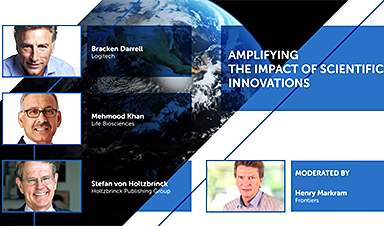
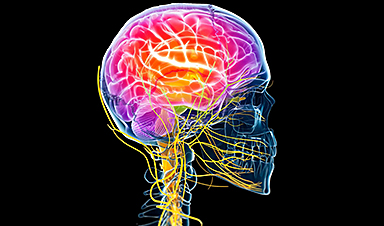
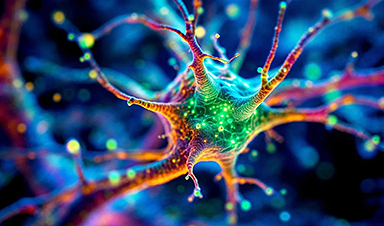


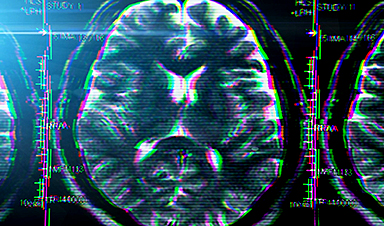
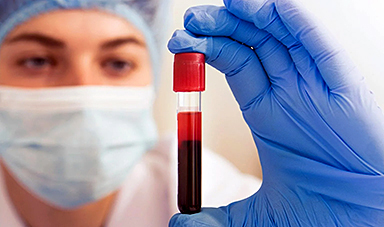




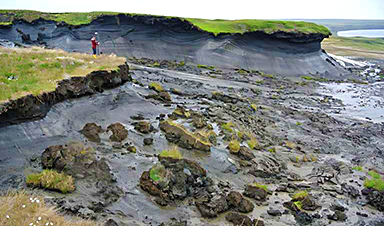

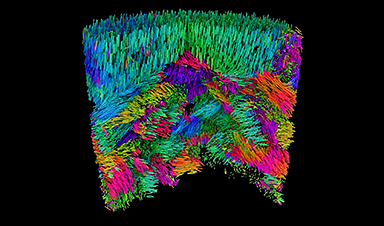


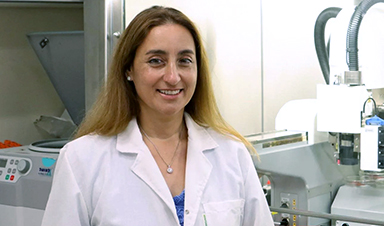






Leave A Comment